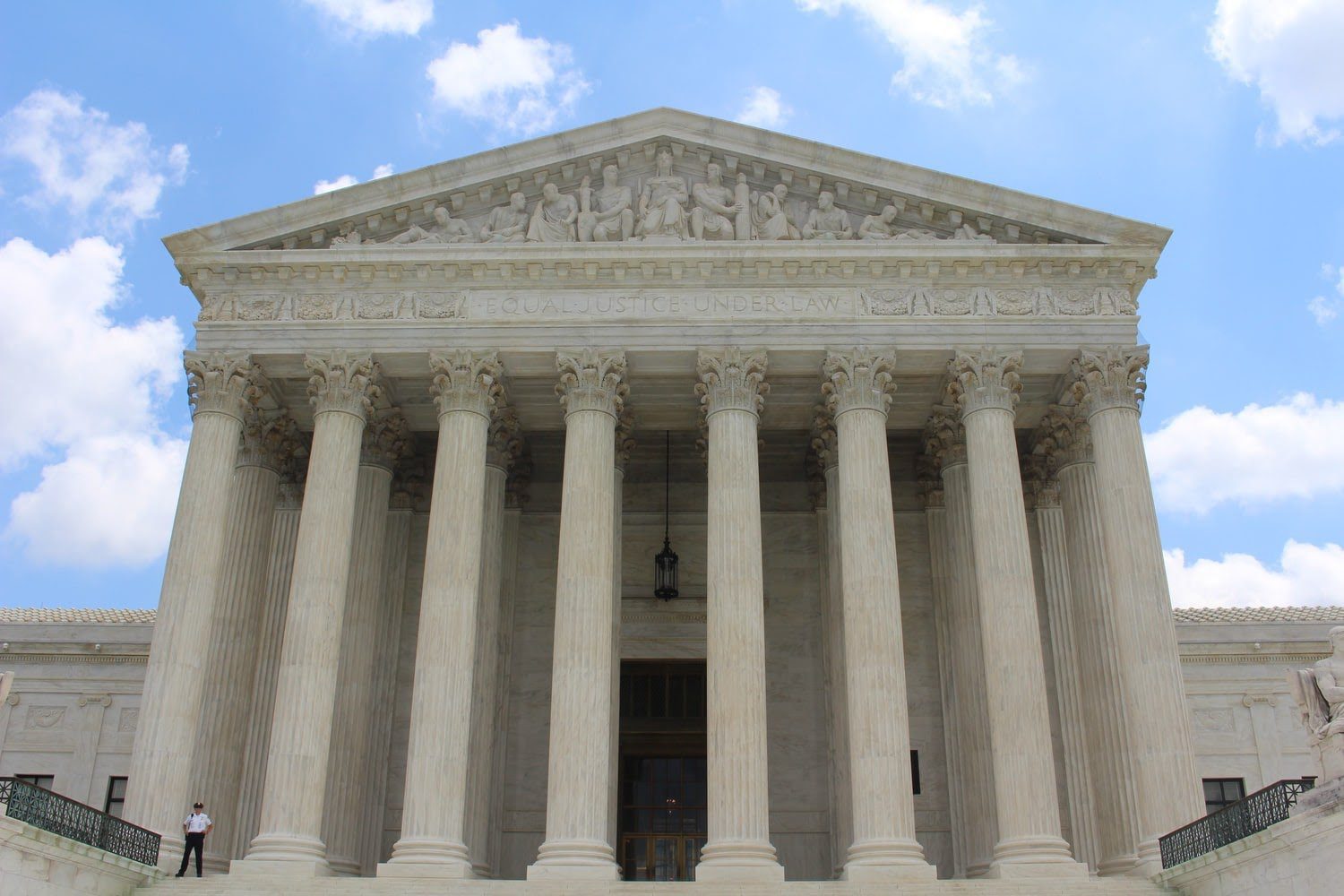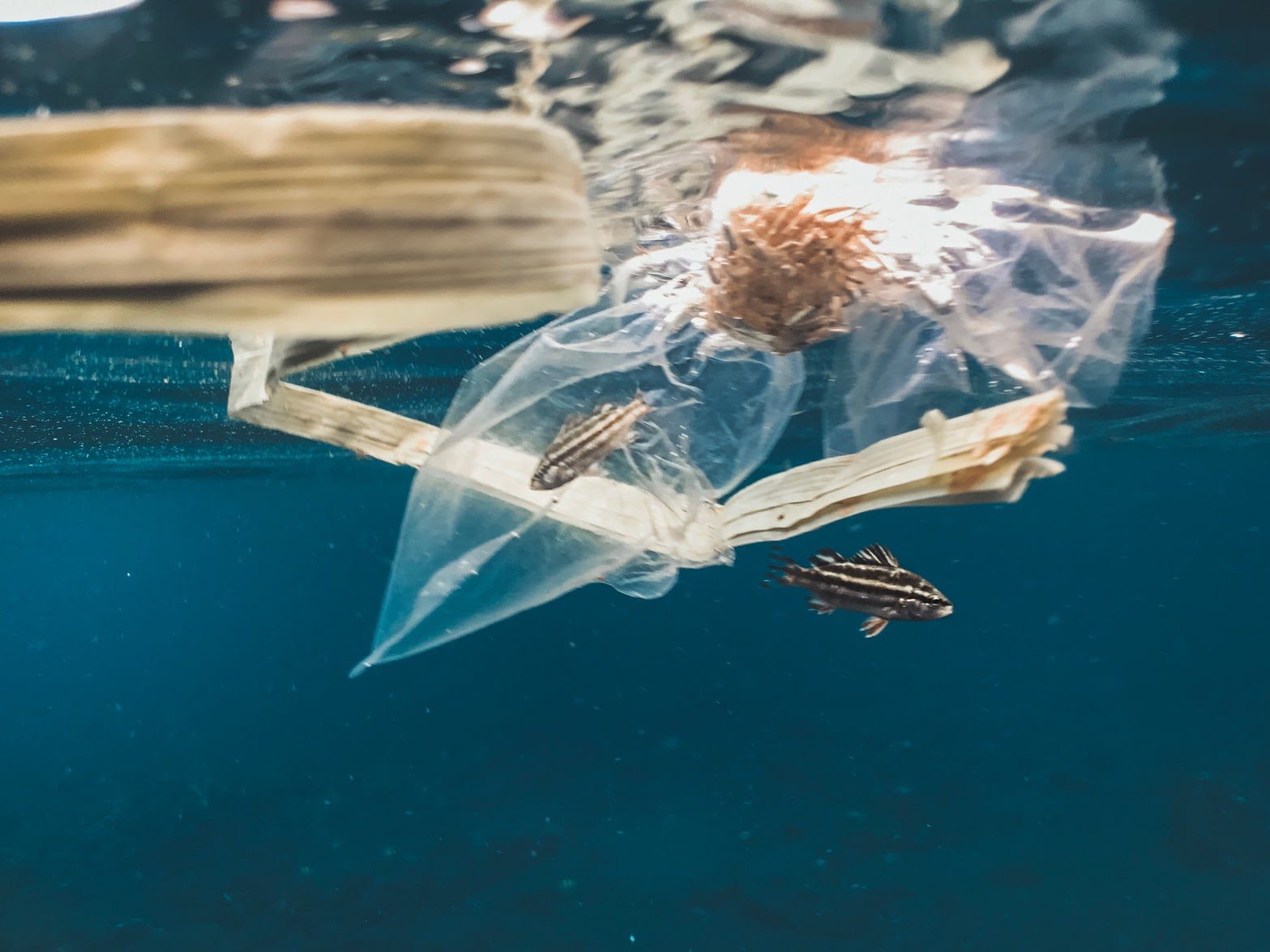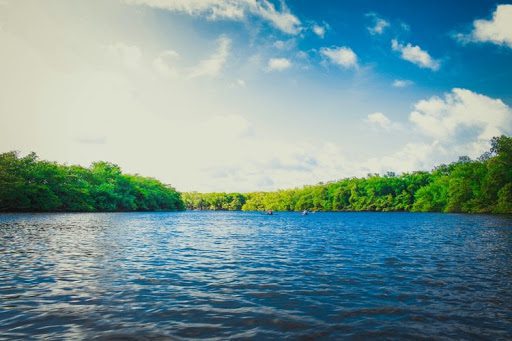A river in Georgia continues to inspire a wide array of community outreach initiatives, some of which are now able to add ‘award-winning’ to their mantle. The Dunwoody City Council in April gave out two awards to “sustainability heroes” for their efforts around the area in 2020. Pattie Baker, who years ago made waves as one of the earliest members of the city’s Sustainability Committee, is now being honored for her work as founder of the Dunwoody Community Garden as well as her work at the Malachi’s Storehouse food pantry.
The second sustainability award, given to an organization rather than an individual, honored the nonprofit, Chattahoochee Riverkeeper. The organization is focused on the preservation and restoration of the Chattahoochee River Basin. For the last three years, the group has worked closely with Dunwoody’s Sustainability Committee to test the water quality of the river and watershed, a measurement that is essential if the residents in the greater Atlanta area are to continue using the Chattahoochee for their drinking water. The organization continues to test “nearly 250 miles” of the watershed and related lakes and tributaries, according to executive director Juliet Cohen, who accepted the award.

The river and greater watershed is a frequent recipient of cleanup and restoration efforts from forward-thinking nonprofits like Chattahoochee Riverkeeper. In March, the organization led an annual cleanup event that attracted 1,200 volunteers and covered as many as 54 different creeks and parks that make up the watershed. The event saw much success, gathering a total of 35 tons of litter pollution. Of the trash collected, almost three tons were able to be recycled. “The success of this movement for a trash-free river shows just how much people care about our environment, our planet, and our water,” says Tammy Bates, who works as Outings Manager for Chattahoochee Riverkeeper.
On May 15, the organization will host its seventh annual Wild and Scenic Film Festival, which is the largest of its kind in the region. Proceeds from ticket sales will help the organization’s Clean Lanier Equation campaign. Lake Lanier, which connects to the Chattahoochee River and supplies the drinking water for over five million people, relies on nonprofit initiatives like the Clean Lanier Equation for much of its trash removal and water quality monitoring.

Chattahoochee River Conservancy, another nonprofit focused on the river, has shown that innovation is a welcome aspect of the watershed cleanup conversation in the greater Atlanta area. While the Chattahoochee Riverkeeper organization relies heavily on volunteer labor for much of the trash pickup, Chattahoochee River Conservancy has found that installing ‘trash traps’ can help maintain the watershed more efficiently. These traps, composed of mesh netting and secured to each side of the river, allow fish and other wildlife to swim through while trash and other debris are caught. This allows the trash to be easily collected by the organization and keeps downstream drinking water reservoirs like Lake Lanier relatively clean.
“We have done some cleanups where we pulled out a few hundred pounds in just a few hours,” says Chris Largent, who serves as the nonprofit’s executive director. The organization gathers 800 pounds of trash annually with just one of these traps and plans to place three more traps in the near future.
Beyond nonprofit ventures, the watershed has also recently been a point of focus at the highest levels of the federal government. The State of Florida accused Georgia in a lawsuit of the overconsumption of Atlanta rivers like the Chattahoochee, which led to the downfall of the oyster industry in Florida. While the longstanding legal dispute eventually made its way to the Supreme Court, all nine justices sided with Georgia and dismissed the case. Georgia community advocates like Chris Manganiello, who works as water policy director for Chattahoochee Riverkeeper, see the decision as a key win for the state. “The justices’ unanimous opinion means our existing water conservation and efficiency laws, policies and tools are here to stay,” wrote Manganiello in a statement.





